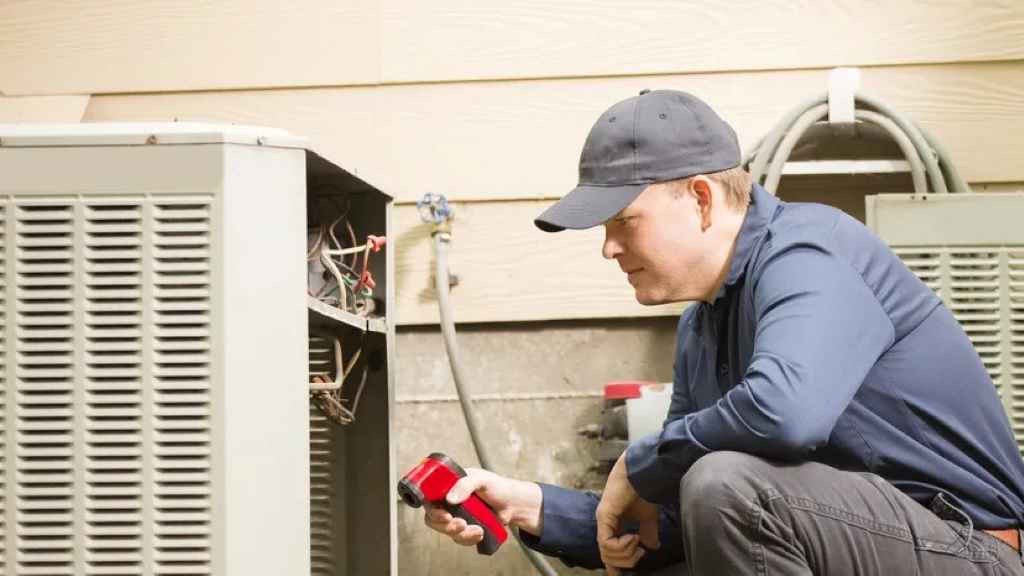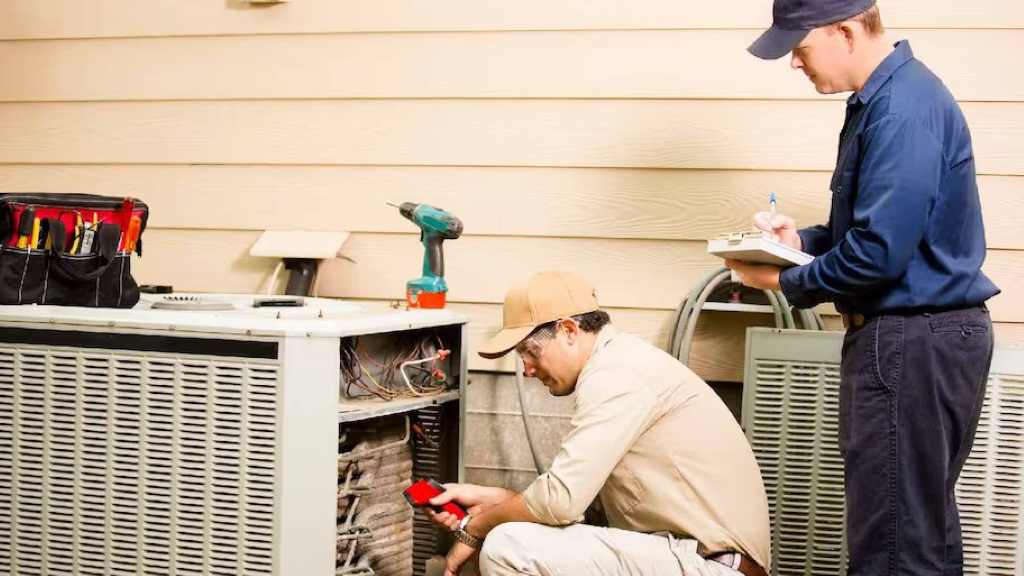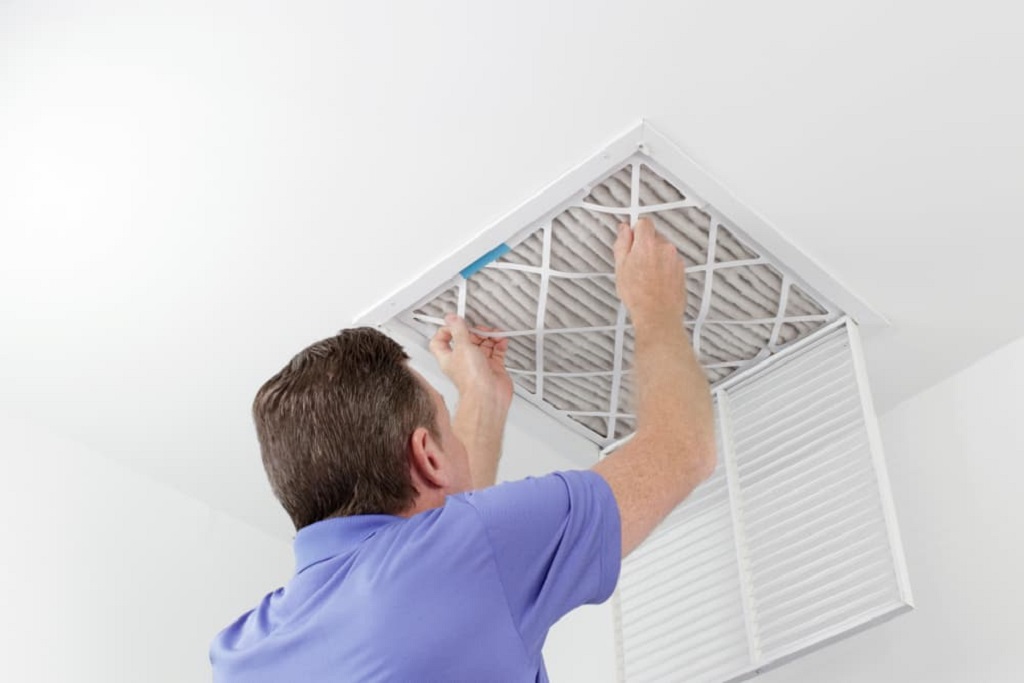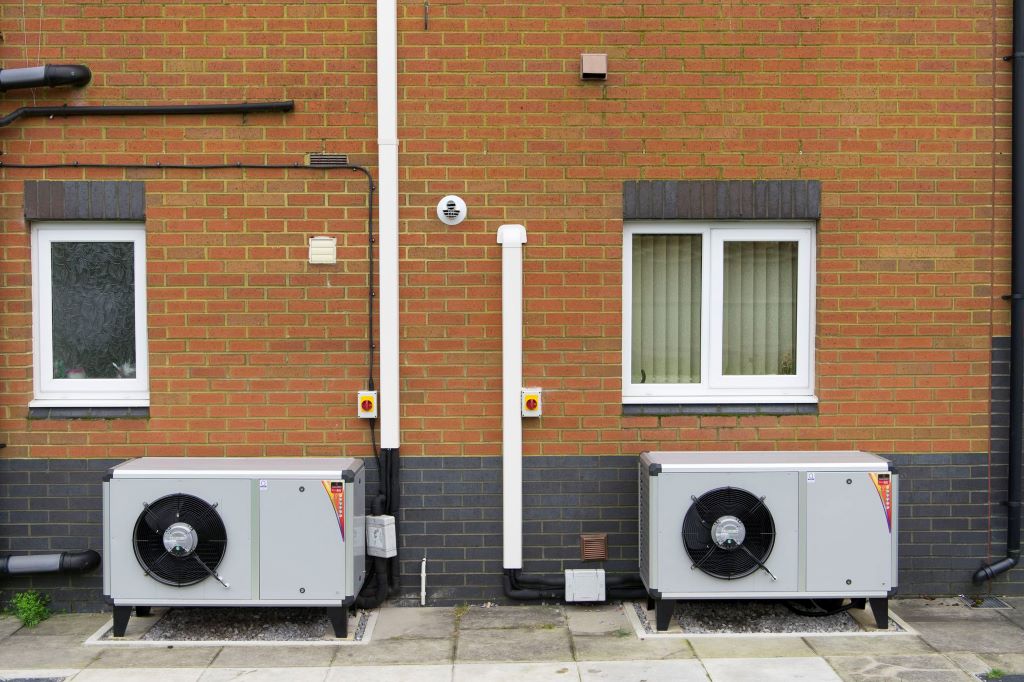Replacing your air conditioner (AC) is a significant investment, and it often raises the question: should you replace the ductwork at the same time? While the answer isn’t always a straightforward yes or no, understanding the factors involved can help you make an informed decision. For instance, if your existing ductwork is old, leaky, or poorly insulated, replacing it might improve the efficiency of your new AC system. On the other hand, if the ductwork is in good condition, you might only need to make minor adjustments or learn how to tap into existing ductwork to ensure it works seamlessly with the new unit. Considering these aspects can help you decide the best course of action for your home.
Understanding the Role of Ductwork
Your home’s ductwork is a network of tubes and vents that distribute conditioned air from your HVAC system throughout your living spaces. It’s essential for maintaining comfort, energy efficiency, and indoor air quality. However, ductwork isn’t indestructible. Over time, it can deteriorate, leak, or become inefficient. For homeowners looking to improve their system’s performance, an easy window AC filter cleaning guide can also be beneficial.

When Ductwork Replacement Might Be Necessary
There are several scenarios where replacing your ductwork along with your AC might be the most beneficial course of action:
- Age: If your ductwork is 15 years or older, it’s likely nearing the end of its lifespan. Older ductwork can develop leaks, cracks, or become disconnected, leading to energy loss and reduced airflow. Replacing it can significantly improve your new AC’s performance and efficiency.
- Size Mismatch: If you’re upgrading to a larger or more powerful AC unit, your existing ductwork might not be able to handle the increased airflow. This can strain your system, reduce efficiency, and potentially damage the new AC. A professional can assess your ductwork and recommend adjustments or replacement if necessary.
- Poor Design or Installation: Improperly designed or installed ductwork can restrict airflow, create hot or cold spots, and contribute to excessive energy consumption. If your home experiences uneven temperatures or if your energy bills are unusually high, faulty ductwork could be the culprit.
- Damage or Deterioration: Leaks, holes, or signs of mold or pests in your ductwork require immediate attention. These issues can compromise air quality and lead to health problems. Repairing extensive damage might not be feasible, and replacement could be the most effective solution.
When Ductwork Replacement Might Not Be Necessary
In some cases, your existing ductwork might be in good enough condition to continue serving your new AC:
- Recent Installation: If your ductwork is relatively new (less than 10 years old) and in good condition, it might be compatible with your new AC system.
- Minor Issues: Small leaks or minor damage can often be repaired without the need for full replacement. A professional can assess the extent of the damage and recommend the best course of action.
Benefits of Replacing Ductwork
- Improved Energy Efficiency: New ductwork can significantly reduce energy loss, leading to lower energy bills and a smaller environmental footprint.
- Enhanced Comfort: A well-designed and properly installed duct system ensures even airflow and consistent temperatures throughout your home.
- Better Indoor Air Quality: New ductwork can reduce the risk of dust, allergens, and pollutants circulating in your home’s air.
Making the Decision
The best way to determine whether you need to replace your ductwork is to consult with an HVAC professional. They can inspect your existing ductwork, assess its condition, and advise you on the best course of action based on your specific needs and budget.
Key Considerations:
- Cost: Replacing ductwork can be a significant expense. Weigh the potential benefits against the costs involved.
- Home’s Age and Condition: Older homes might have more complex ductwork systems that are more difficult and expensive to replace.
- Future Plans: If you plan to remodel or expand your home in the future, it might be more cost-effective to replace the ductwork now.
In Conclusion
Replacing your AC is an opportunity to optimize your home’s comfort and energy efficiency. While replacing ductwork isn’t always necessary, it can provide significant benefits in certain situations. By understanding the factors involved and consulting with a professional, you can make the best decision for your home and your budget.




